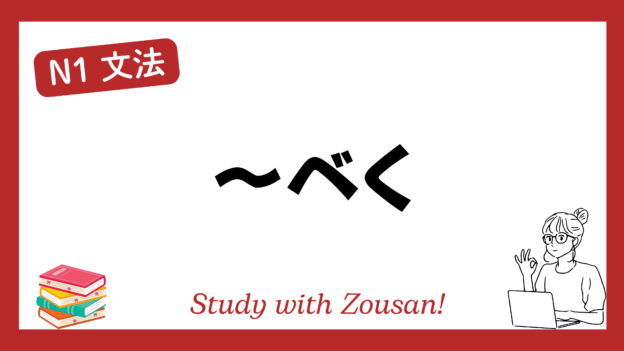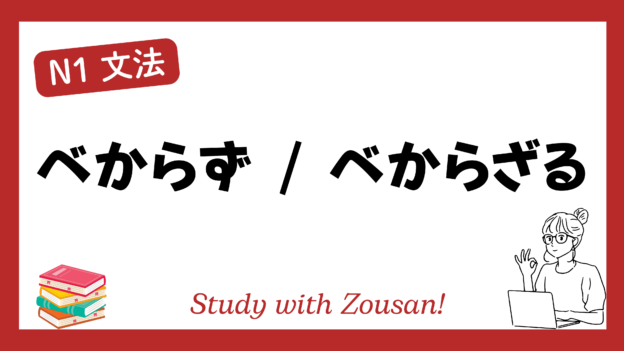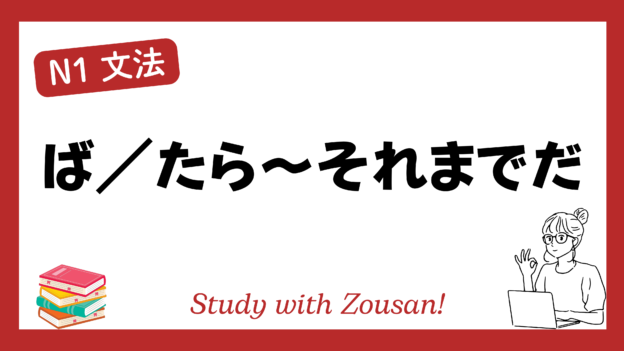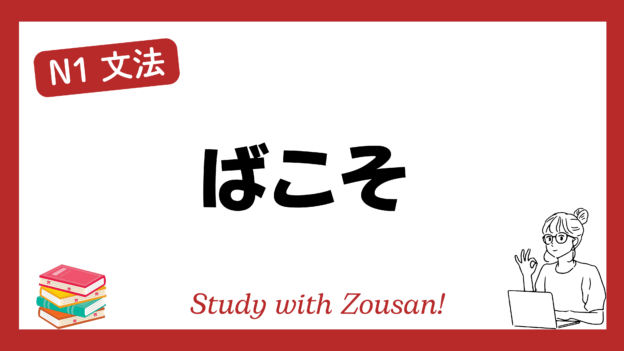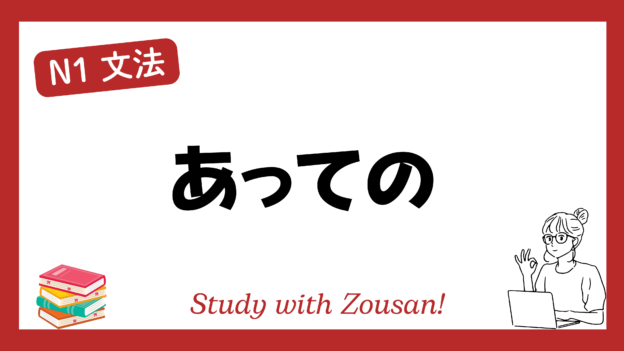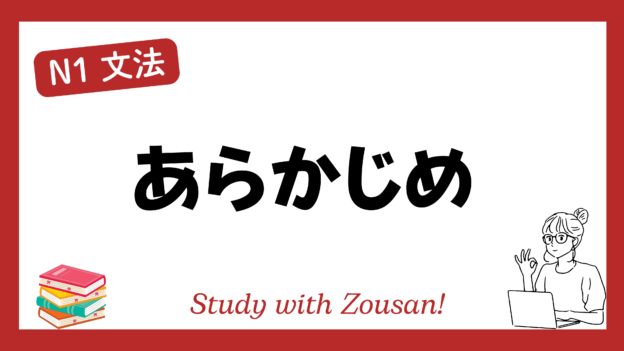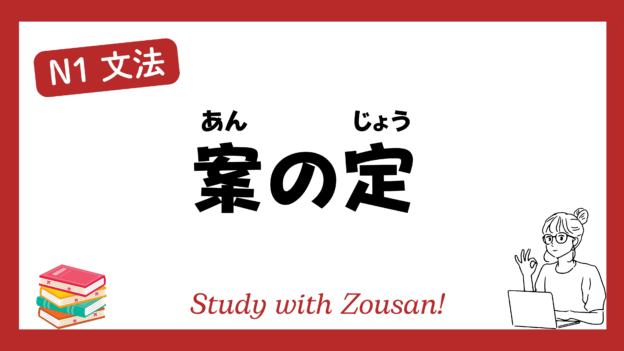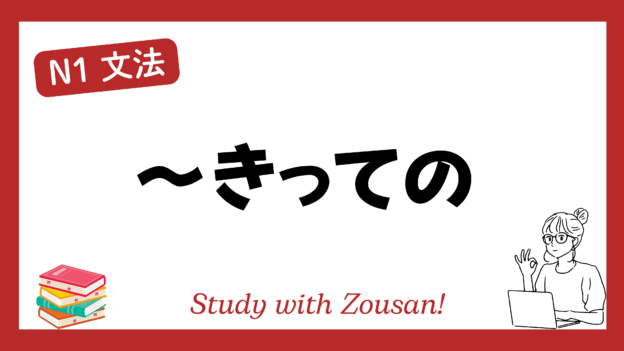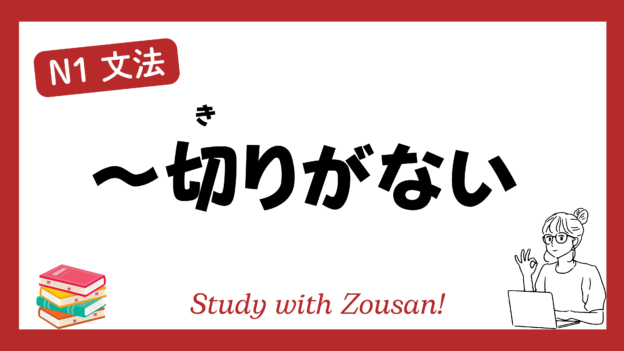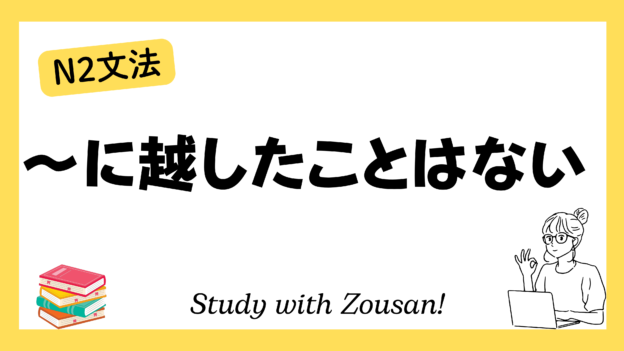Meaning: “In order to…”, “For the purpose of…”
This structure is used to express the purpose or intention behind performing a certain action. It has a formal tone and is typically used in written language or formal contexts.
※Note: “~べく” emphasizes the purpose of the action, and the subject of both clauses must be the same person.
Structure:
| Verb (dictionary form) | + べく |
| Exception: する ➡ | ・するべく ・すべく |
Example:
-
-
-
🌟 彼は大学に入るべく、一生懸命勉強した。
(かれ は だいがく に はいる べく、いっしょうけんめい べんきょう した。)
He studied hard in order to enter university. -
🌟 問題を解決すべく、会議が開かれた。
(もんだい を かいけつ すべく、かいぎ が ひらかれた。)
A meeting was held in order to solve the problem. -
🌟 目標を達成すべく、彼は努力を続けた。
(もくひょう を たっせい すべく、かれ は どりょく を つづけた。)
He continued to work hard in order to achieve his goals. -
🌟 新しい技術を学ぶべく、海外に留学した。
(あたらしい ぎじゅつ を まなぶ べく、かいがい に りゅうがく した。)
He studied abroad in order to learn new technology. -
🌟 自分の店を開くべく、資金を貯めています。
(じぶん の みせ を ひらく べく、しきん を ためています。)
I’m saving money in order to open my own shop. -
🌟 会社を成長させるべく、新たな戦略を立てた。
(かいしゃ を せいちょう させる べく、あらたな せんりゃく を たてた。)
They developed a new strategy in order to grow the company. -
🌟 彼は試験に合格すべく、毎日遅くまで勉強している。
(かれ は しけん に ごうかく すべく、まいにち おそく まで べんきょう している。)
He studies late every day in order to pass the exam. -
🌟 平和を守るべく、国際会議が開催された。
(へいわ を まもる べく、こくさい かいぎ が かいさい された。)
An international conference was held to maintain peace. -
🌟 品質を向上させるべく、工場の設備を改善した。
(ひんしつ を こうじょう させる べく、こうじょう の せつび を かいぜん した。)
They improved the factory’s equipment to enhance product quality. -
🌟 多くの人に知らせるべく、広報活動を行った。
(おおく の ひと に しらせる べく、こうほう かつどう を おこなった。)
Public relations activities were carried out to inform many people.
-
-


